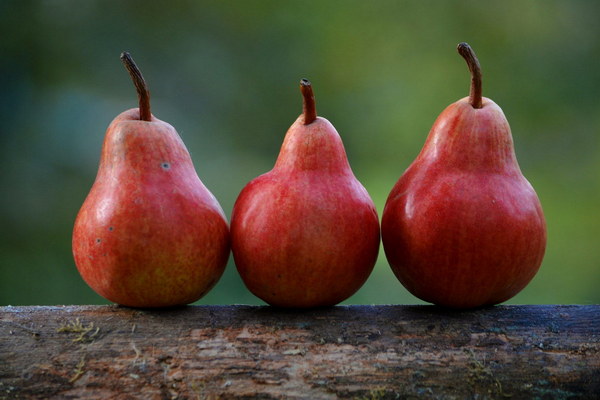Is Dendrobium Nobile Flower Beneficial for Liver Health or Harmful A Comprehensive Analysis
Introduction:
Dendrobium nobile, commonly known as the Silver Fox or Pearl Lily, has been a popular traditional Chinese medicine for centuries. It is believed to have numerous health benefits, including its potential effects on liver health. This article aims to delve into the debate surrounding whether Dendrobium nobile flower is beneficial for liver health or harmful, providing a comprehensive analysis of the available evidence.
Section 1: The Potential Benefits of Dendrobium Nobile Flower for Liver Health
1.1 Antioxidant Properties

Dendrobium nobile flower is rich in antioxidants, which help protect liver cells from oxidative stress caused by free radicals. This can help improve liver function and reduce the risk of liver diseases such as hepatitis and cirrhosis.
1.2 Anti-inflammatory Effects
Inflammation is a significant factor in the development of liver diseases. The anti-inflammatory properties of Dendrobium nobile flower can help reduce liver inflammation, thereby preventing or slowing the progression of liver diseases.
1.3 Detoxification
The liver is responsible for filtering toxins from the blood. Dendrobium nobile flower has been found to enhance the liver's detoxification process, helping to remove harmful substances from the body and promote liver health.
1.4 Immune System Support
A strong immune system is crucial for protecting the liver from infections and diseases. Dendrobium nobile flower can boost the immune system, which in turn supports liver health.
Section 2: The Potential Risks of Dendrobium Nobile Flower for Liver Health
2.1 Allergic Reactions
Some individuals may experience allergic reactions to Dendrobium nobile flower, which can cause liver damage. It is essential to consult with a healthcare professional before taking any herbal supplement.
2.2 Interactions with Medications
Dendrobium nobile flower may interact with certain medications, such as those used to treat liver diseases or blood thinners. This can lead to adverse effects on liver health.
2.3 Overdose
Consuming excessive amounts of Dendrobium nobile flower can lead to liver damage. It is crucial to follow the recommended dosage and avoid taking it for extended periods without consulting a healthcare professional.
Conclusion:
In conclusion, the evidence suggests that Dendrobium nobile flower can be beneficial for liver health, primarily due to its antioxidant, anti-inflammatory, detoxification, and immune-boosting properties. However, it is crucial to be aware of the potential risks associated with its consumption, such as allergic reactions, interactions with medications, and the risk of overdose.
To maximize the benefits of Dendrobium nobile flower while minimizing the risks, it is advisable to consult with a healthcare professional before incorporating it into your liver health regimen. They can provide personalized recommendations based on your specific health needs and potential drug interactions.
In summary, while Dendrobium nobile flower may be beneficial for liver health, it is important to use it responsibly and under professional guidance. With proper usage, this traditional Chinese medicine can offer significant support for liver health and well-being.









